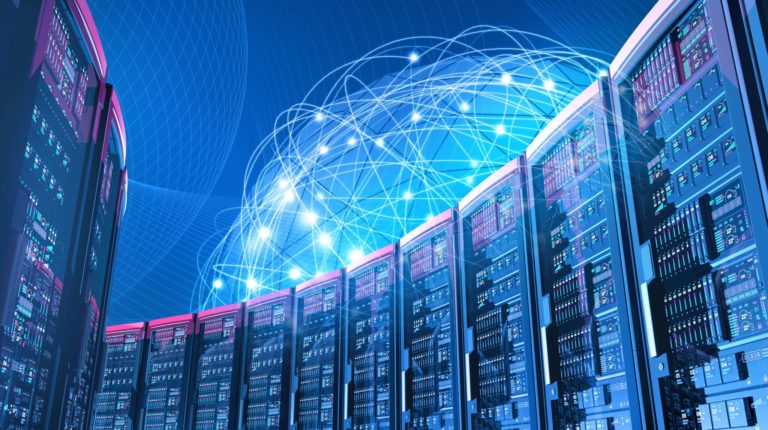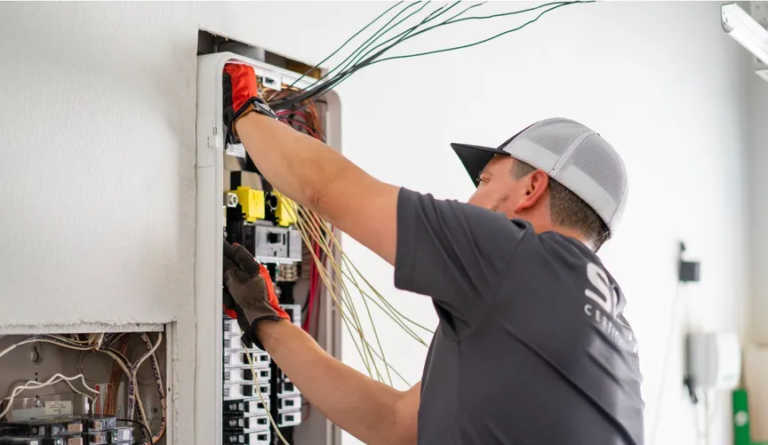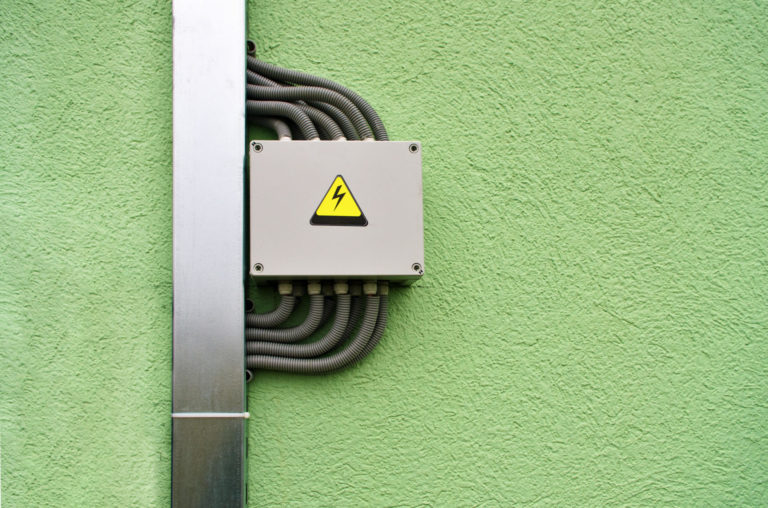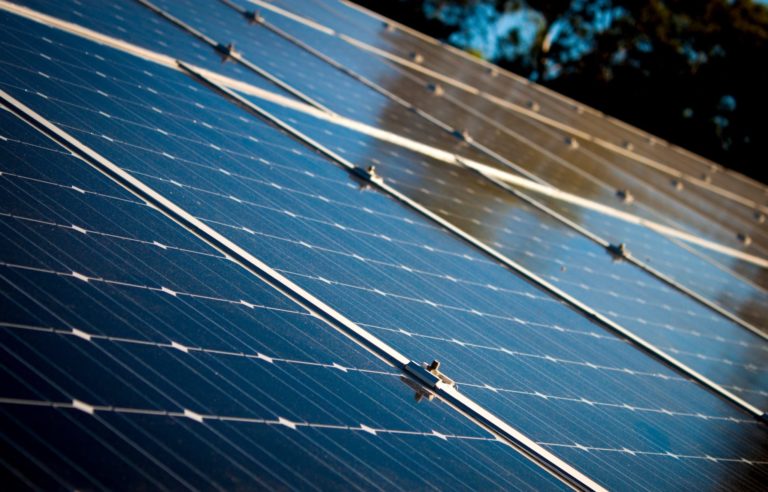June 15, 2021
Originally published by NPR on June 13, 2021.
By: Jeff Brady, National Desk Correspondent, NPR
We’re pleased to see other researchers working to address equity and energy justice issues through better data collection and analysis. Pecan Street has been working to address energy sector issues through improved data availability for over a decade, and we recently launched the Center for Race, Energy & Climate Justice to improve energy outcomes for communities of color by harnessing our unique energy data. Read a snippet of the NPR article below or read the full article on NPR.
Ramaswami says more investigation is needed to understand why this racial inequity exists. It’s likely that utilities need to better tailor energy efficiency programs to reach underserved communities. She says there are also bigger, structural issues utilities have less control over, such as whether people own their homes or rent…
The Princeton researchers also looked at which households participated in energy efficiency rebate programs. They found homes in wealthier and whiter neighborhoods were more likely to take part, while poorer, non-white households were less likely.
Ramaswami expects studies like this in other cities would reach the same results. They’re already working with officials in Austin, Texas.
The information could be especially valuable as the Biden administration prepares to spend big on energy efficiency to meet the country’s climate goals.
“From a policy perspective, that [better data] can help policy-makers better target communities for efficiency improvements and investment,” says Tony Reames, assistant professor and director of the Urban Energy Justice Lab at the University of Michigan.
He’s a leader in the emerging field of “energy justice,” which holds that communities of color too often experience the negative aspects of energy – such as pollution and utility shut-offs – and don’t share equally in the benefits, like good-paying energy jobs and efficiency programs.
Reames’ lab is among those launching the Energy Equity Project. It plans to gather data “measuring equity across energy efficiency and clean energy programs.” He says in addition to creating more equitable policies, that information can help communities advocate for themselves before utility regulators and government officials, and “ensure that investments come to their communities.”

















